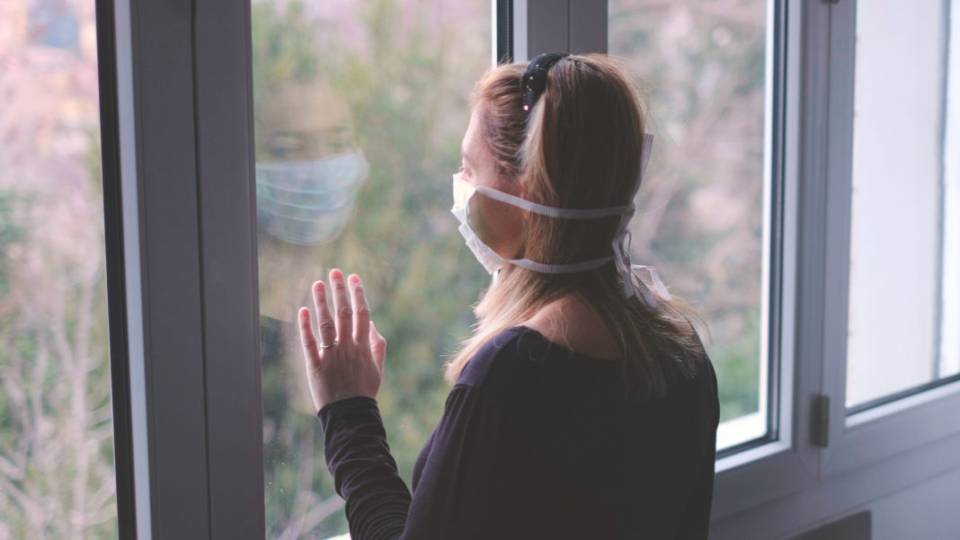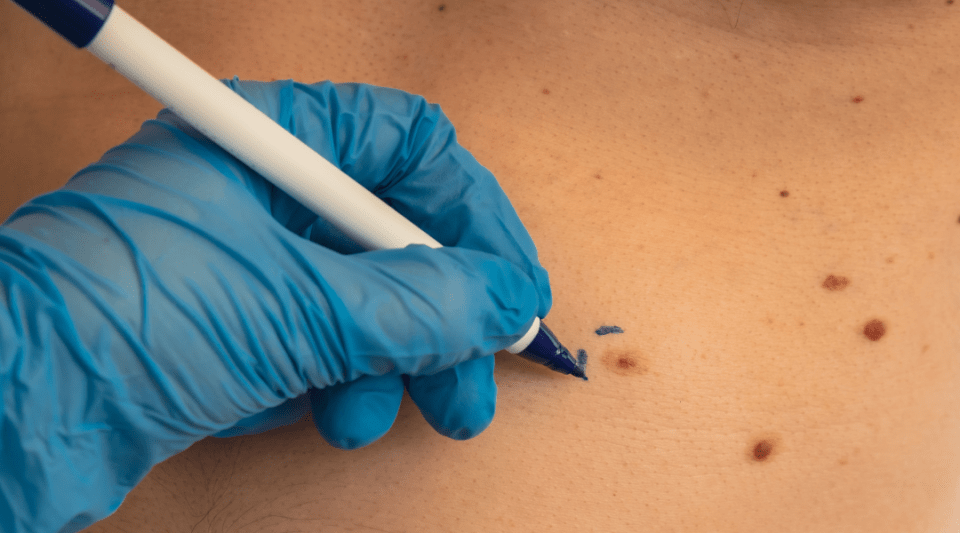A study published in the journal Acta Neurologica Scandinavica, directed by the Epilepsy Unit at Hospital Clínic and supervised by Dr Mar Carreño, analysed the effects of the severest weeks of home confinement due to the COVID-19 pandemic on patients with epilepsy. The study analysed several indicators in this patient group between March 15 and May 25, 2020, including the frequency of seizures, patient’s sleep quality or their mood.
The survey was sent out to 627 patients with epilepsy treated at Hospital Clínic; 312 answered all the questions and were therefore included in the study. The data analysed corresponded mainly to women aged between 30 and 50 years old. Forty-five percent (45%) of the cases were diagnosed more than 20 years ago. Half of the patients took 2 or 3 medications to prevent seizures, the rest took 4 or more. Sixteen percent (16%) had monthly seizures despite their medications, and 29% reported having some cognitive or motor impairment.
The study reveals that most patients (56%) indicated the frequency of their seizures remained the same as before lockdown, but 25.8% suffered more episodes. Notwithstanding, 72% considered that the severity and duration of their seizures were similar to the period before COVID-19. Only 13.4% believed their seizures lasted longer or were more severe.
The study also looked at the patients’ perceptions of their emotional state, specifically regarding symptoms of anxiety or depression, and mood problems (irritability and bad temper) during the hardest weeks of the lockdown.
Almost half reported having felt more anxious or depressed than normal, and another 25% noticed increased levels of irritability or bad temper.
With respect to sleep, 43.27% of respondents stated they had trouble sleeping. Difficulty sleeping also correlated with an increased frequency of seizures.
A majority of patients, 78%, needed to get in touch with their neurologist or epilepsy nursing team at some time. Over two-thirds, 70%, did not face any difficulties when contacting a healthcare professional, but 9% noted that it took longer than usual, although they were eventually able to discuss their problem.
During the toughest period of the lockdown, most patients reported taking their medication regularly, probably because they had to stay at home and could focus on their health and were more closely supervised by other family members.Furthermore, they also had fewer opportunities to expose themselves to seizure triggers such as alcohol consumption or sleep deprivation associated with nights out. The study also shows that the Sleep Unit was able to complete all follow-up visits through virtual consultations, and that this type of visit was well received by most patients.
Data compiled by: Dr Mar Carreño, Director of the Epilepsy Unit at Hospital Clínic, Barcelona.




